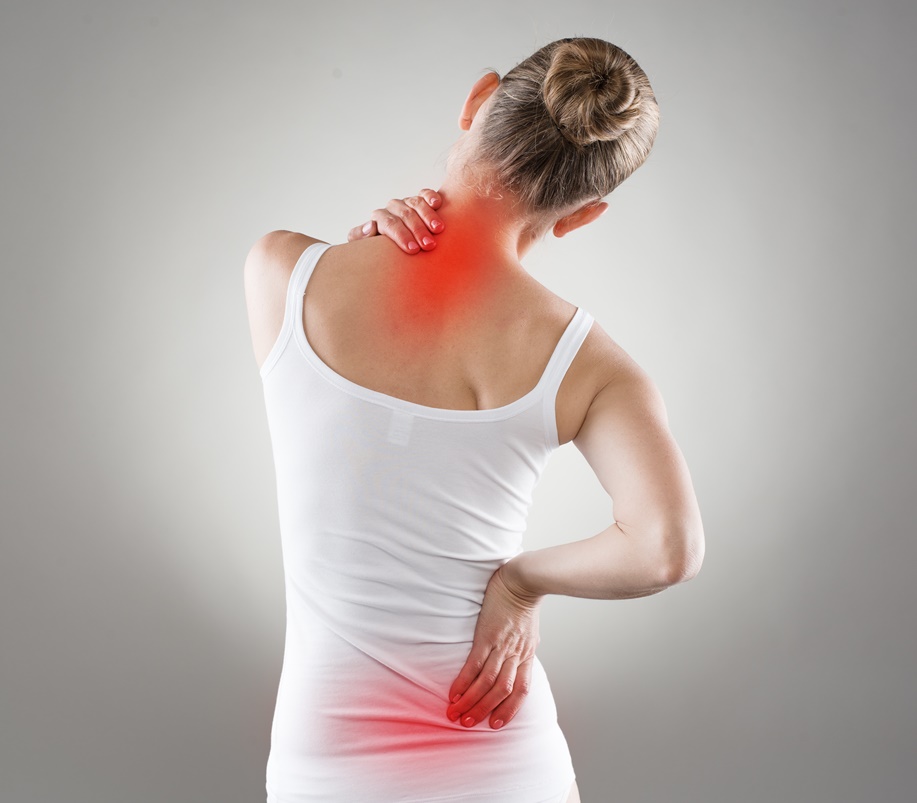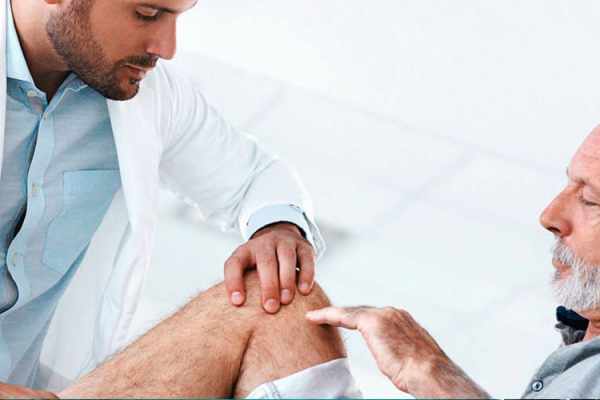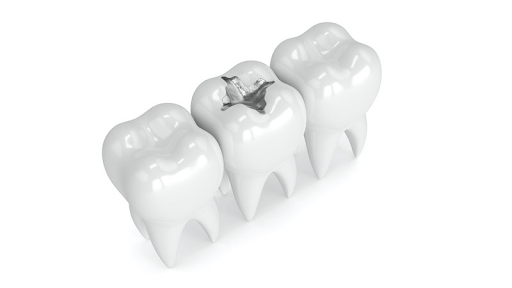As you read this article, 31 million Americans are experiencing back pain.
Across the globe, back pain is the leading cause of disability. Neck and back pain can prevent people from participating in routine activities.
But when is back pain serious? Read on for 10 signs that it is time to seek out a specialist for your back pain.
Table of Contents
1. You Have Had Cancer
If you have had cancer in the past, you should always take back pain seriously. Sometimes back pain can be due to an old mattress or the flu, but it can also be a warning sign of a serious illness.
Back and neck pain may be a symptom of colon, ovary or rectum cancer. Growing cancer could put pressure on your blood vessels, organs or nerves. This pressure can present as back pain.
Unfortunately, back pain due to a tumor begins once the growth is large. That’s why you should consult a specialist immediately if you have had cancer.
2. You are Over 50
Back pain as we become older is more common. But that doesn’t mean that it’s something you must learn to live with.
In women, back pain often is a symptom of the onset of perimenopause. Also, after 50, many adults begin to do less and lead a largely sedentary lifestyle.
A sedentary lifestyle can lead to obesity. Carrying extra weight often leads to back pain.
A specialist can help you fix the root of the problem of your back pain through a variety of methods. These include physical therapy, weight management, exercise and pain control.
3. Recent Back Trauma
Pain in the back of the neck and head, as well as your back, is likely if you recently slipped, fell or received a blow. You can avoid getting injured at the gym by following gym best practices.
You should always have any pain after trauma checked out. If your general practitioner can’t find anything, find a back pain specialist to get a second opinion.
Especially if the pain persists for longer than a few days. Back pain can begin even days after an impact and yet be related to the trauma.
4. Lessened Bowel or Bladder Control
Incontinence affects one in five people over the age of 40. That number continues to climb higher for older adults. But urinary and fecal incontinence is not just something that has to do with age.
In fact, when back pain and incontinence are present, it could be a sign of a serious condition called cauda equina syndrome.
This is a rare but serious medical condition that occurs when the nerve roots in the spinal cord become paralyzed. This condition can develop due to a fracture, trauma, tumor or herniated disk.
A specialist will perform a surgical decompression in order to alleviate the pressure.
5. Back Pain Radiates Down Your Arm or Leg
Radiating pain that feels like electrical shocks down your leg can be sciatica. Numbness, pain or weakness in those areas are also signs of sciatica.
This type of pain can be due to tight piriformis muscle or pressure on a spinal nerve root.
Sciatic pain can be debilitating and hinder people from living their life to the fullest. A specialist with experience helping clients with sciatica can help you reclaim your life.
6. When Bending Your Back Intensifies Pain
Often back and neck pain stays steady no matter what position you sit or lie in. But sometimes, your back pain can intensify if you bend over or flex your back.
This could be a sign that you have a problem with your discs. Herniated discs, bulging discs, and degenerative disc disease are all conditions that will need the care of a specialist.
Learn more about the types of treatments that are available for neck and back pain.
7. You Experience Foot Drop
Foot drop is a condition where a person’s toes drag along the ground while walking. A person who experiences foot drop may lift his or her foot higher to compensate for the drag.
Foot drop can be accompanied by back pain. It can be a symptom of a bigger issue such as nerve or muscle damage.
A qualified specialist can pinpoint the cause of foot drop and provide the right treatment options.
8. Cramping and Tingling in Legs
Is your back pain accompanied by tingling, pain, cramping or weakness in the legs? If so, these are symptoms of spinal stenosis.
Spinal stenosis occurs most often in the lower back and neck. Symptoms often get worse over time. Seek the advice of a specialist sooner rather than later before the problem gets more severe.
9. Unexplained Weight Loss
Most of the time, weight loss is a good thing for adults. But when you notice unexpected weight loss that can’t be explained, you will want to investigate.
When you drop weight quickly over a short amount of time and you have back pain, your doctor will need to run tests to rule out tumors and infections.
10. Chronic Back Pain
If your back pain lasts longer than 3-6 weeks, it is time to see a specialist. After an injury, your body shouldn’t take longer than six weeks to heal.
But once pain becomes chronic, it is easy for the pain to become aggravated.
Proper treatment and diagnosis will help you manage your pain. The sooner you start treatment the more likely you are to return to regular life.
Final Thoughts on Neck and Back Pain
We hope you found these 10 neck and back pain signs informative. When in doubt, seek the professional advice of a trusted medical professional.
Next, check out these 7 lower back pain treatments for quick pain relief.











